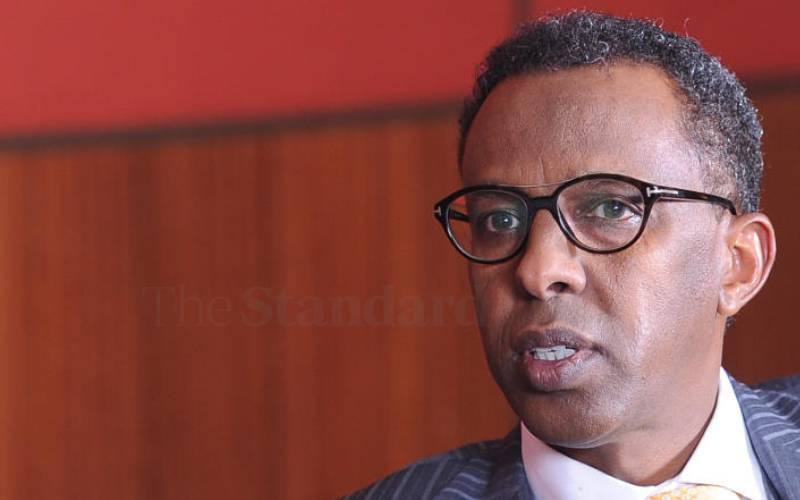×
The Standard e-Paper
Home To Bold Columnists

Supreme Court judges on Monday asked the High Court to strike out two separate cases challenging the ban on senior lawyer Ahmednasir Abdullahi and his associates.
In an objection filed before High Court Judge Chacha Mwita, judges of the highest court in the land argued that the court has no powers to entertain the case.